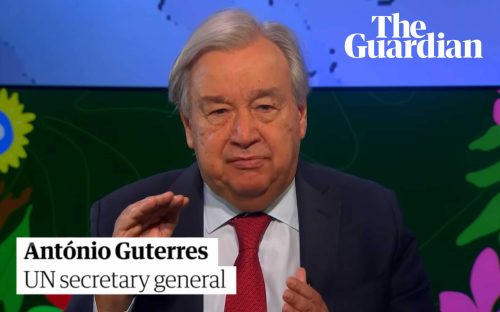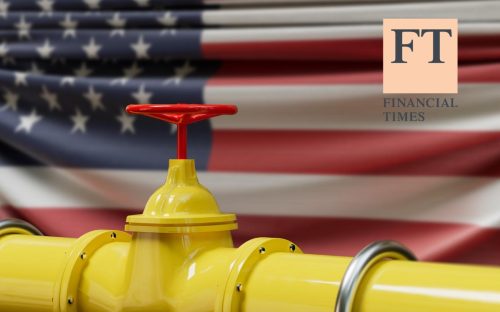Upstream | Follow This founder Mark van Baal tells Upstream that the non-profit is determined to maintain climate pressure on Big Oil and is preparing a comeback in 2026.
[…]
Follow This’ strategy was effective in the early 2020s when, market observers tell Upstream, the non-profit unsettled the majors with its strategy, and its resolutions were well supported by other shareholders.
Support peaked in 2021 when 30% of Shell’s shareholders and 58% of Chevron shareholders backed a Follow This motion; 33% of Chevron investors supported the non-profit’s resolution in 2022; and 30% of TotalEnergies’ shareholders backed the non-profit’s motion in 2023.
However, its influence has waned in the last couple of years as the pace of the energy transition away from fossil fuels has slowed.
Follow This was bruised by legal action filed against it by ExxonMobil in 2024, while support for its resolutions was markedly lower in last year’s AGMs.
[…]
Van Baal believes ExxonMobil’s motivation was to set a legal precedent so that no shareholder could ever file a climate resolution.
“There’s still the option for others to file resolutions. Although ExxonMobil has warned that anybody who tries this again will be sued. And I have noticed the chilling effect among investors,” Van Baal says.
He says the ExxonMobil episode was “confirmation that we’re doing the right thing”.
Van Baal believes that if one major company changes course, then others will follow, including the national oil companies. If investing in clean energy becomes compelling, and indisputable, then his mission will be complete.
But until that time, Follow This needs to continue applying pressure on the majors by continuing with climate action resolutions at AGMs, he says.
“If one or two of the majors can change, then all shareholders will reward this.
Society will reward this. Customers will too because everyone will know that profits are being invested in clean energy.
One of his biggest irritations is the major institutional investors, who he claims make public statements about supporting emissions reduction targets, but do not vote that way, especially in Europe.
“We’re working on them, we’re talking to the big investors, that climate change threatens your future, your wellbeing, your wealth, your pension, your investments,” van Baal says. “The institutional investors hold the key; they need to use their vote.”










